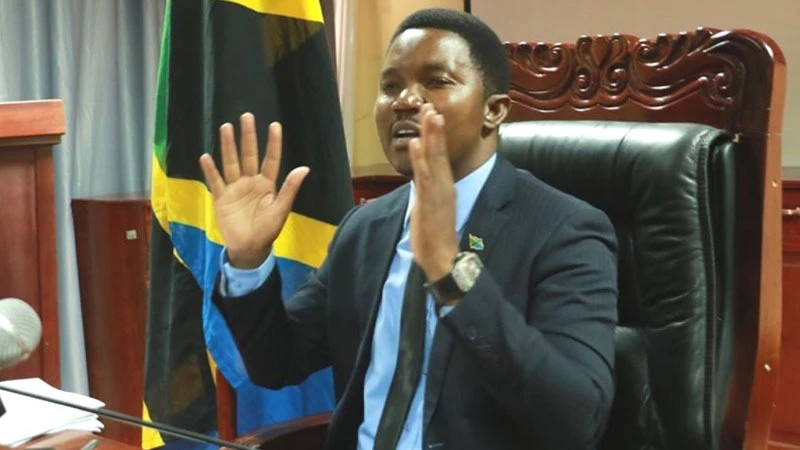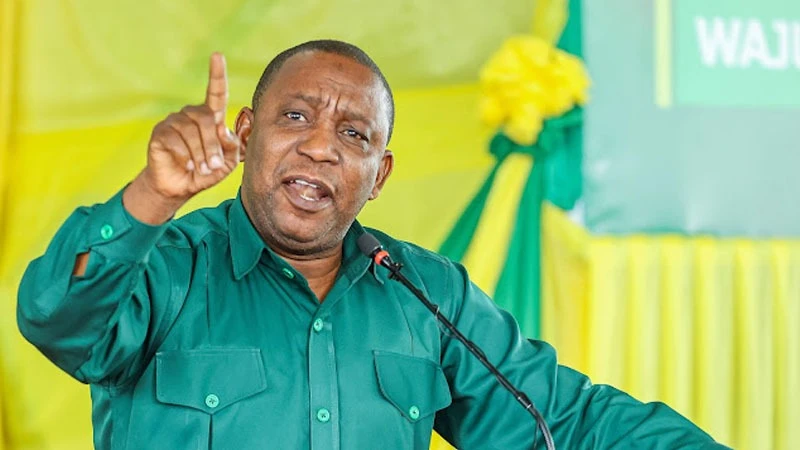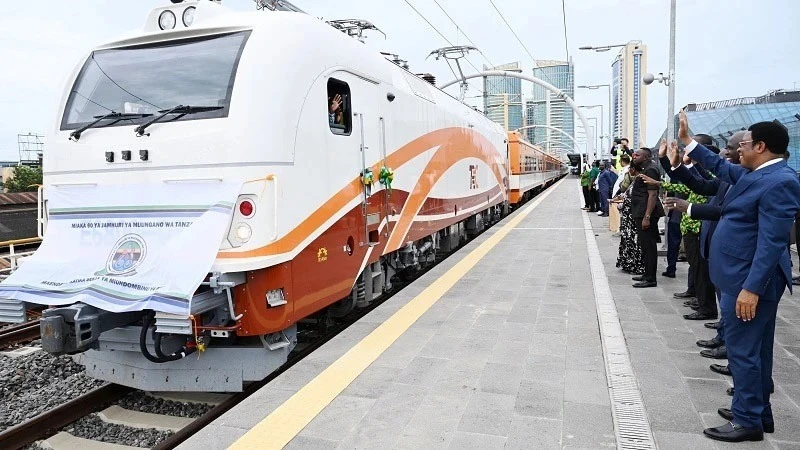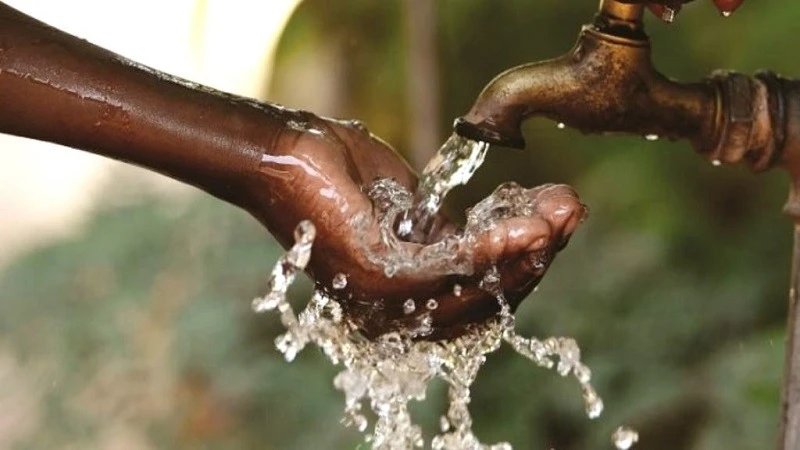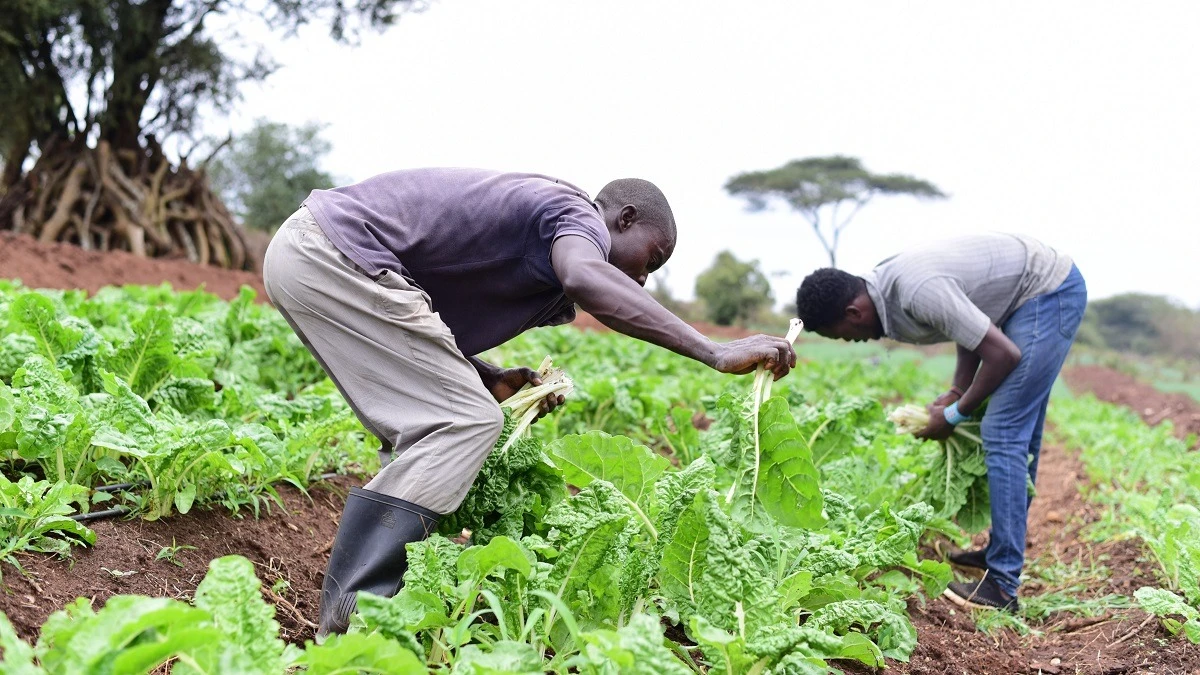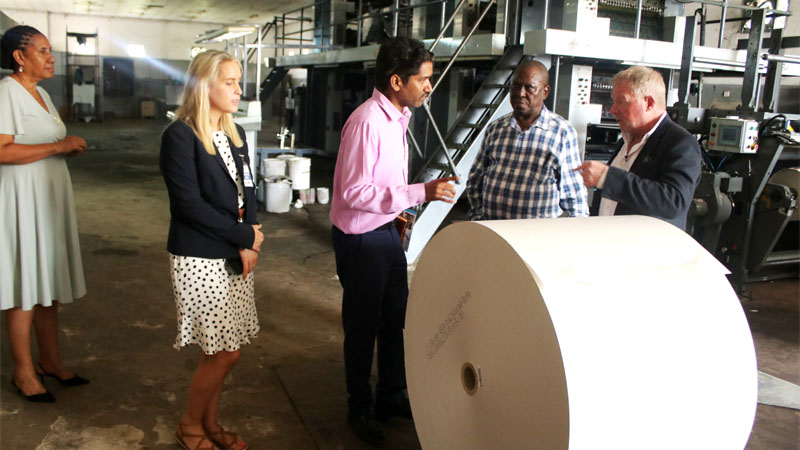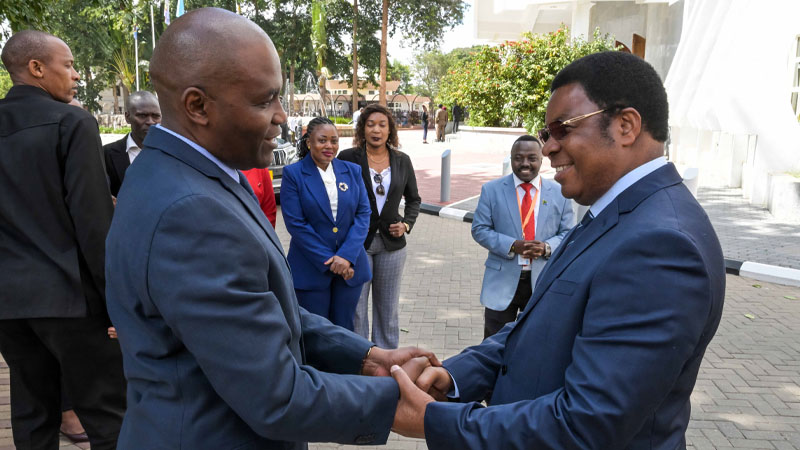Raw materials processing top of govt 2024/25 plans
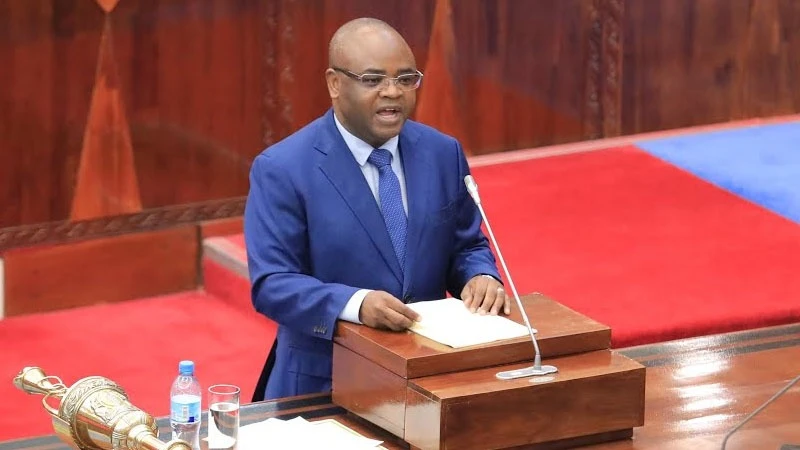
REDUCING exports of raw materials from land, forests and water and proceeding with processing and value addition is the focus of the National Development Plan 2024/25 presented to the National Assembly yesterday.
Prof. Kitila Mkumbo, the Planning and Investment state minister in the President's Office, made this affirmation in his state of the economy for 2023/2024 and national development plan 2024/25.
He said there is a need to set a policy and legal framework to ensure that resources are processed and added value locally before being exported, explaining this is tied to ensuring that the growth of the national economy is inclusive.
It is on this basis that it will reduce poverty, create jobs, bring prosperity and stimulate the export of value-added products abroad, thus requiring placing strategies to cement this agenda, he said.
He was optimistic on government efforts in agro-sector investments by encouraging and enabling the use of quality seeds, fertilizers, irrigation agriculture and modern farm equipment.
During the past three years, the leadership has put in place conditions allowing business to flourish, implementing a strategy to stimulate investment in industries.
The intention is to make the country self-sufficient in the demand for essential products while promoting exports of value-added products, he said, emphasizing that in the short and medium term, many Tanzanians will be relying on agro-sector self-employment.
Improving the business and investment environment will help to stimulate private sector growth to strengthen small and medium businesses, he said, pointing at the need for sustainable use of natural resources including gas, minerals, forests and lakes.
The government intends to invest in ensuring that the country has quality human resources that meet global standards, thus education and training will be a priority in development plans, he stated.
Construction and maintenance of infrastructure will require the collaboration of the private sector, while strengthening electricity generation to anchor a developing industrial economy, while implementing the clean cooking energy strategy, he further noted.
As 65percent, of the population is rural, the government was pursuing an integrated economic strategy laying emphasis on stimulating value addition in rural areas, he said.
Building roads and communication facilities in rural areas via the Tanzania Rural and Urban Roads Agency (TARURA) is a priority, along with a review of the agricultural, livestock and forestry products sale procedure.
This will simplify the business environment in rural areas, augmented by financial and tax incentives to attract investors for agricultural, livestock, fishing and forestry products to be processed without distant haulage, he added.
Top Headlines
© 2024 IPPMEDIA.COM. ALL RIGHTS RESERVED







